Gale and the Committee on LQBT History Announce Fellowships to Support Emerging LGBTQ+ Research
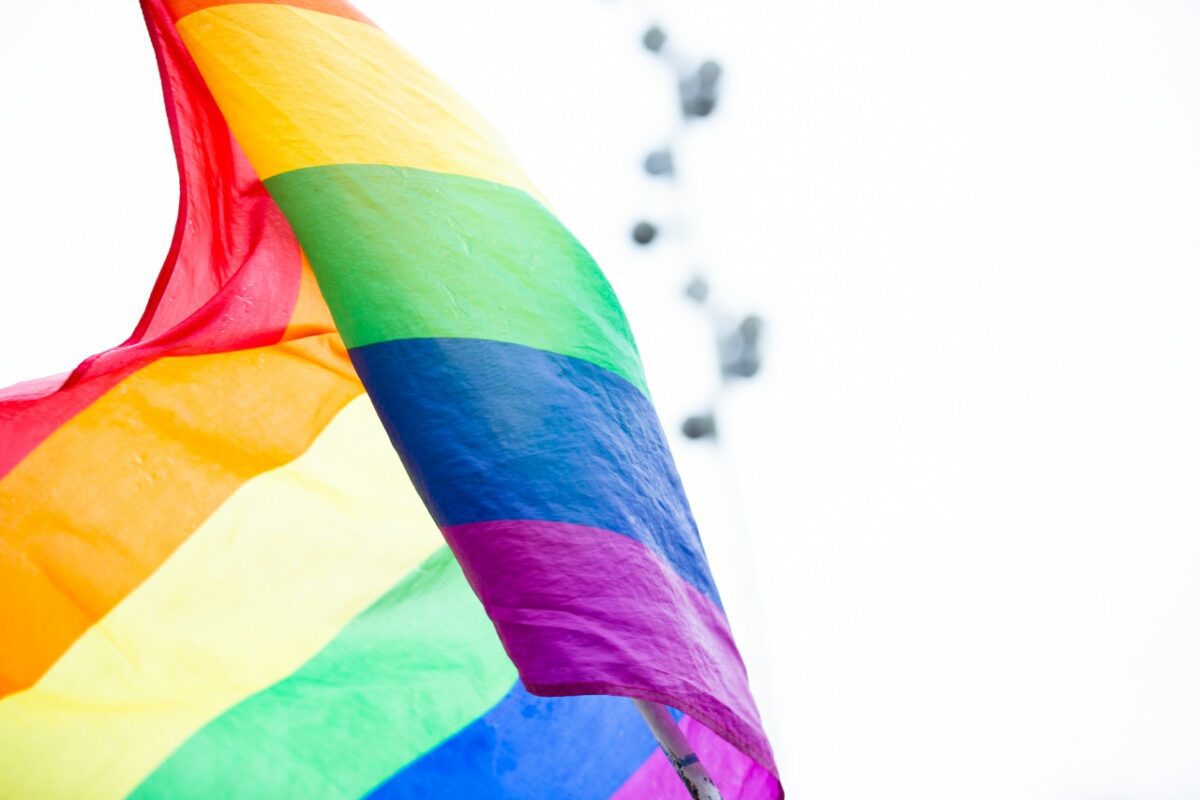
Pride Month provides an opportunity to reflect on the progress made for justice, inclusion and equality within the community, and to reaffirm the continued work to promote LGBTQ+ rights worldwide. To further support these efforts, Gale, part of Cengage Group, and the Committee on LGBT History (CLGBTH) in conjunction with the Queer History Conference 2022, announce the sponsorship of five non-residential fellowships known as the Gale-CLGBTH Non-Residential Fellowships. Funded by Gale, each fellow receives $2,500 and access to Gale’s award-winning Archives of Sexuality and Gender and Gale Digital Scholar Lab. The program’s goal is to encourage emerging research in LGBTQ+ studies by allowing scholars to contribute additional insights through digital humanities methodologies.
Gale and CLGBTH would like to congratulate the following candidates awarded the fellowships for the 2022 academic year, as well as highlight the projects they will be pursuing:

Elio Colavito, Ph.D. researcher, University of Toronto, Canada
Project: Mapping Transtopia: Trans-Masculine Mutual Aid (1970–2005) aims to extend Colavito’s work on the social and cultural history of trans-masculinity in Canada and the U.S. He will utilize letters from the archives to serve as a foundation of a digital map to illustrate the vastness and complexity of late-20th-century trans-masculine community building, resource sharing and identity-making.

Jacob Bloomfield, honorary research fellow, University of Konstanz, Germany
Project: Bloomfield’s project, Tutti Frutti: Little Richard, Sex, Gender and Transgression in America and Europe, seeks to uncover how gender-nonconforming African American recording artist Little Richard became one of the most popular musicians in the U.S. and Europe during the 1950s and pre- “sexual revolution” in the 1960s.
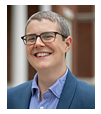
Jen Jack Gieseking, associate professor of geography, University of Kentucky, U.S.
Project: The monograph Dyke* Bars seeks to uncover the drive behind the “lezbiqueertrans” attachment to lesbian bars and their dis-attachment from these spaces, particularly as many of them have closed in recent times. Gieseking’s project will argue that lesbian bars are the crucial geography of U.S. lezbiqueertrans history and a part of broader U.S. history. An interactive map will look at how patterns of socioeconomic gentrification affected the growth and decline of these spaces.

Justin Salgado, graduate student, The Ohio State University, U.S.
Project: Out at the Rodeo: The Maintenance of the Gay Rodeo (1980s – Present) seeks to amplify the voices on the gay rodeo circuit. The project will examine the religious right and political right, their impact on queer communities and how the gay rodeo countered their disapproval by emphasizing the importance of community and togetherness for rural queer communities.

Trevor Ladner, graduate and teacher, Harvard Graduate School of Education, Ednovate Charter Schools, U.S.
Project: Ladner’s LGBT Lives and Legal Rights: Impacts of Progress of Struggle will support the continuation of a teaching project for his social studies class at an under-resourced urban school in Los Angeles. Centered around LGBTQ people’s experiences with securing their rights through courts, he will utilize the archives to analyze how the absence of certain rights and the courts’ decisions on these rights impact the lives of real people.
“As part of Gale’s ongoing commitment to DEI initiatives, we’re pleased to support the LGBTQ+ research community with these fellowships, and help them expand the possibilities of their research,” said Seth Cayley, vice president of global academic product at Gale. “By providing these fellows with funding, access to our digital archives and Gale Digital Scholar Lab, we hope it enables them to progress their research projects and foster greater knowledge, awareness, and understanding of LGBTQ+ lives and communities.”
The Archives of Sexuality and Gender series gives researchers instant access to more than 5 million pages of digitized primary sources to help them enhance their research projects and uncover new research pathways. By exploring the series with text- and data-mining tools in Gale Digital Scholar Lab, the fellows will be able to open their research to digital humanities methods, providing a new lens with which to explore historically underrepresented, marginalized and hidden voices.
“This year’s fellows, now with access to Gale’s fabulous resources, are sure to cultivate exciting new research related to the study of LGBTQ past,” said Professor Eric Gonzaba, co-chair of the Committee on LGBT History. “Their projects will help us all better understand the nuances and complexities of LGBTQ life. We are so grateful to Gale for their support of the CLGBTH for many years and we thank them for their commitment to scholars of LGBT history.”
Scholars must complete the fellowships by Dec. 31, 2022. Each fellowship will support the equivalent of one month’s full-time work (160 hours). Awardees may dedicate four consecutive weeks of their total working hours to the fellowship project, or they may spread their work out over a more extended period. In addition, within one month of the conclusion of their fellowship, each awardee will submit a case study that highlights the research or pedagogical value of their project.
CLGBTH will host a panel at the 2023 Annual Meeting of the American Historical Association, January 5–8, 2023 in Philadelphia, where the Gale-CLGBTH fellows will discuss their research projects.
Gale is hosting a panel session at the 2022 Queer History Conference titled Marginalized Voices and Hidden Histories: Preserving and Unlocking the Past with Gale’s Archives of Sexuality & Gender and Beyond on Tuesday, June 14 at San Francisco State University in Burk Hall 256.
For more information on Gale-CLGBTH Non-Residential Fellowships, visit its webpage.







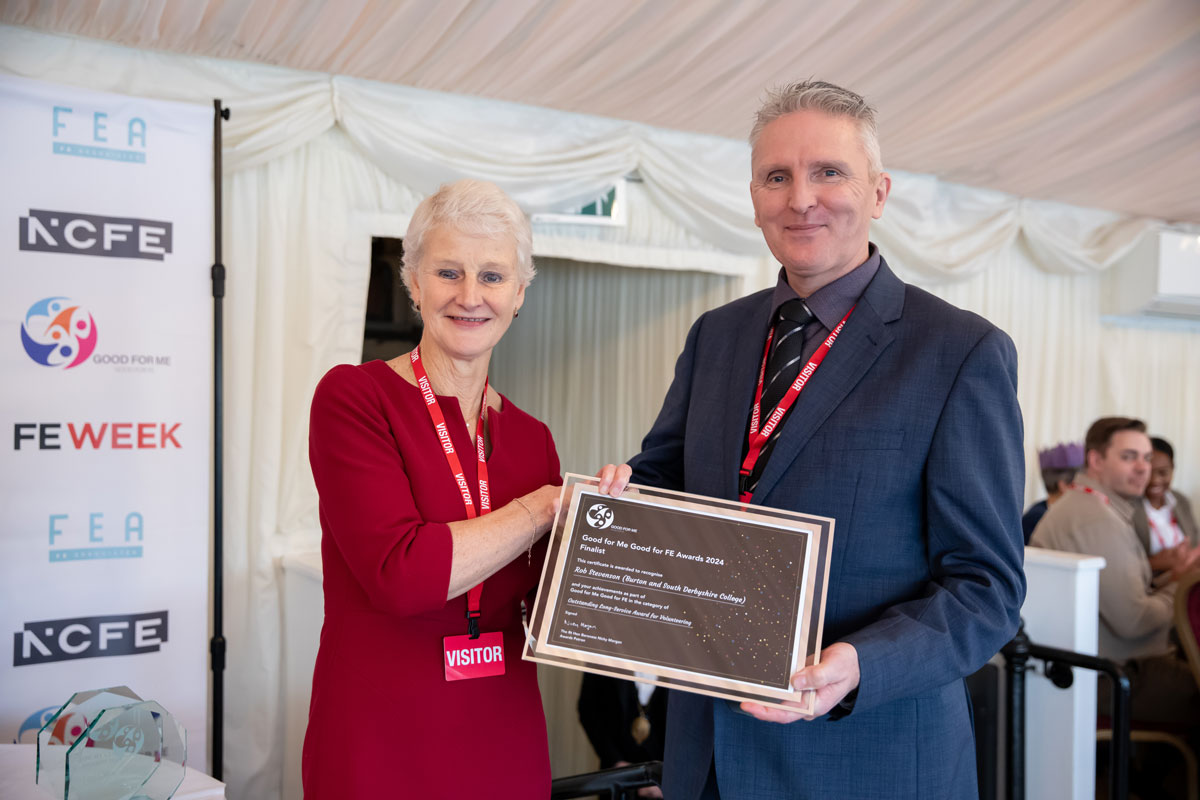
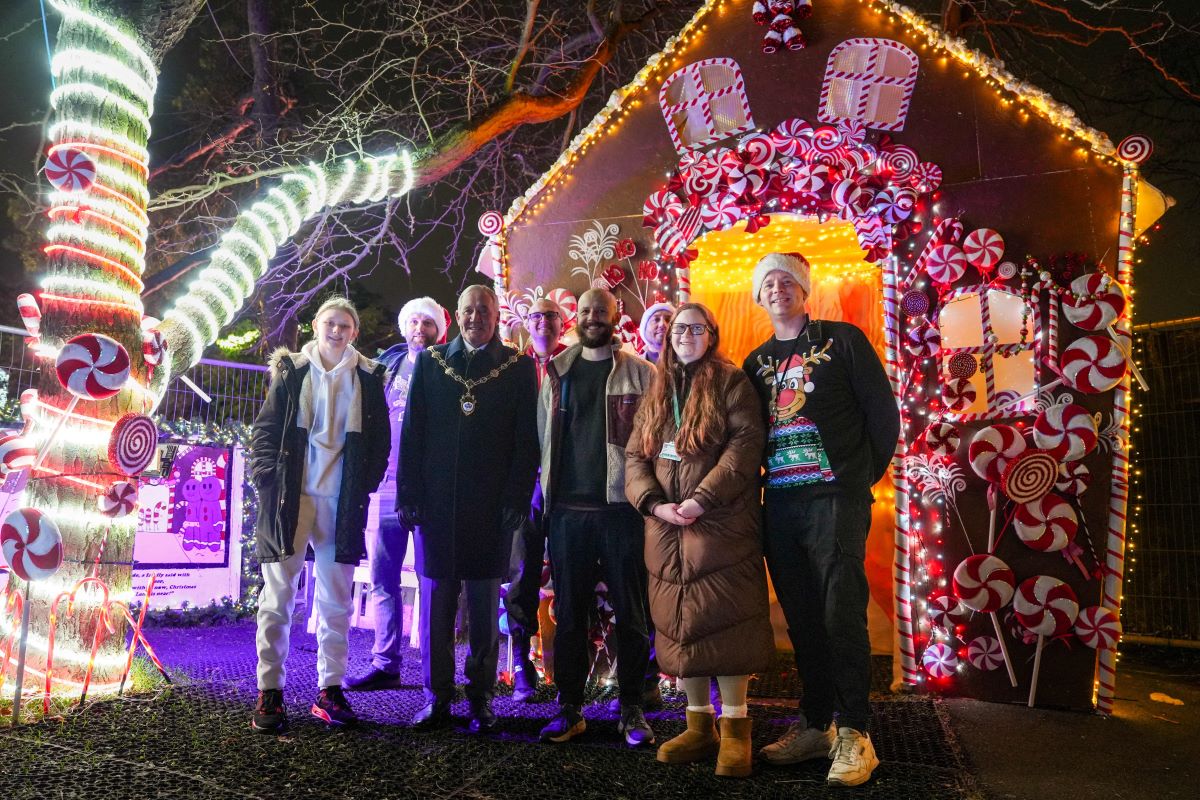
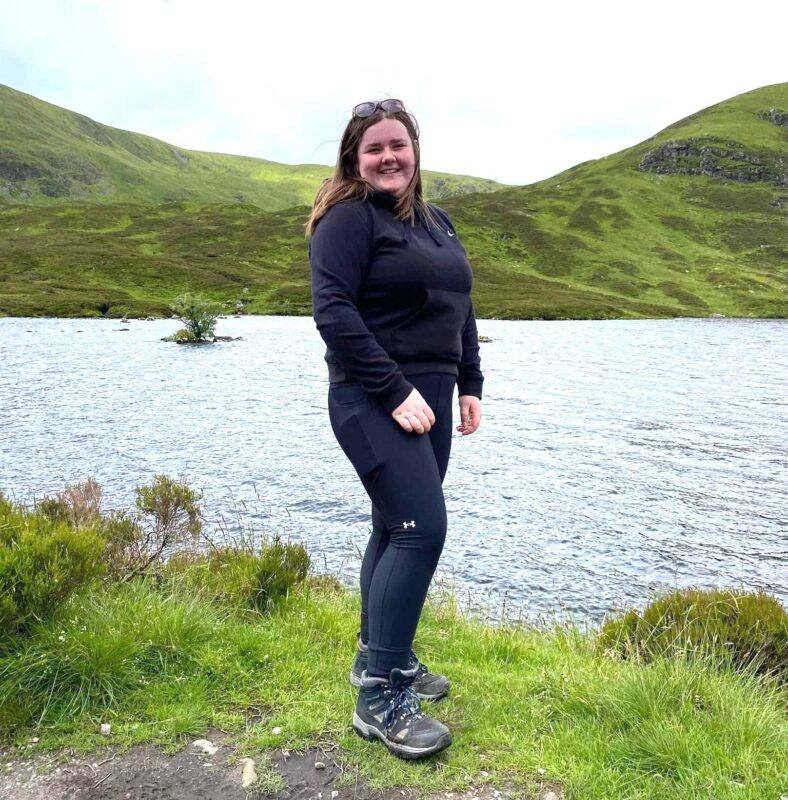
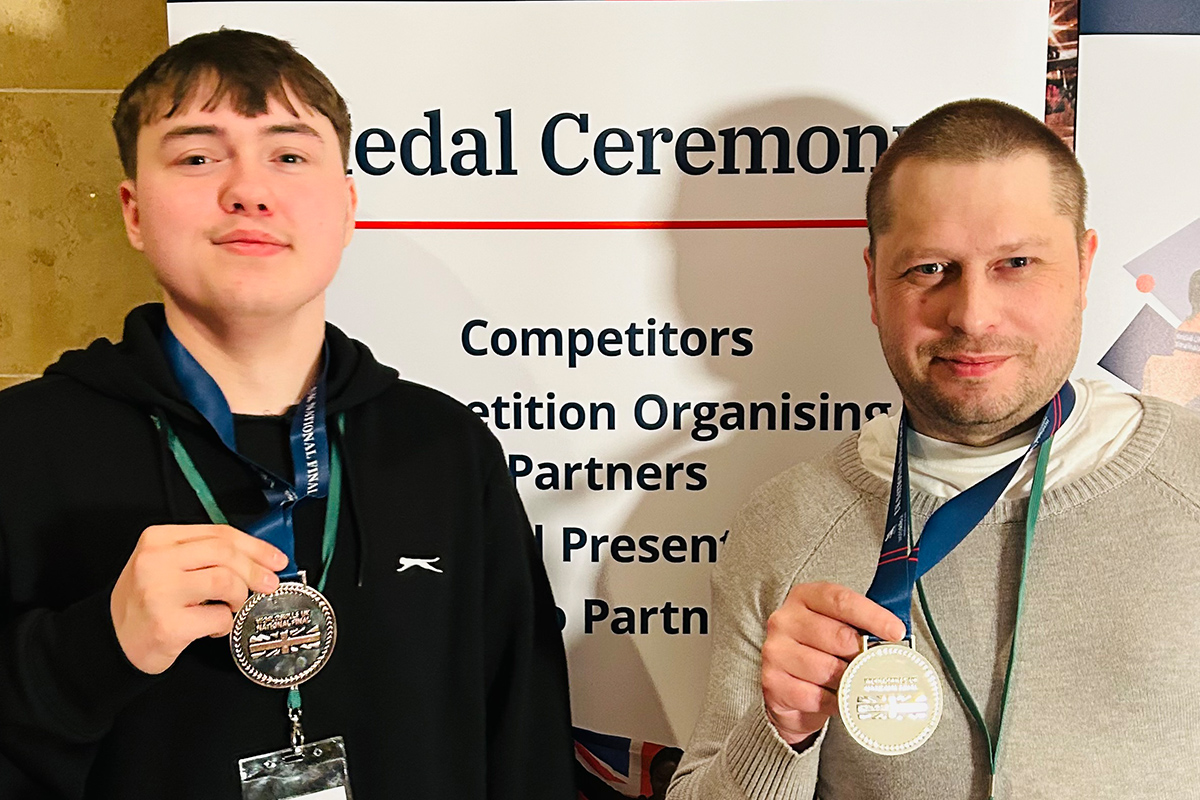
Responses